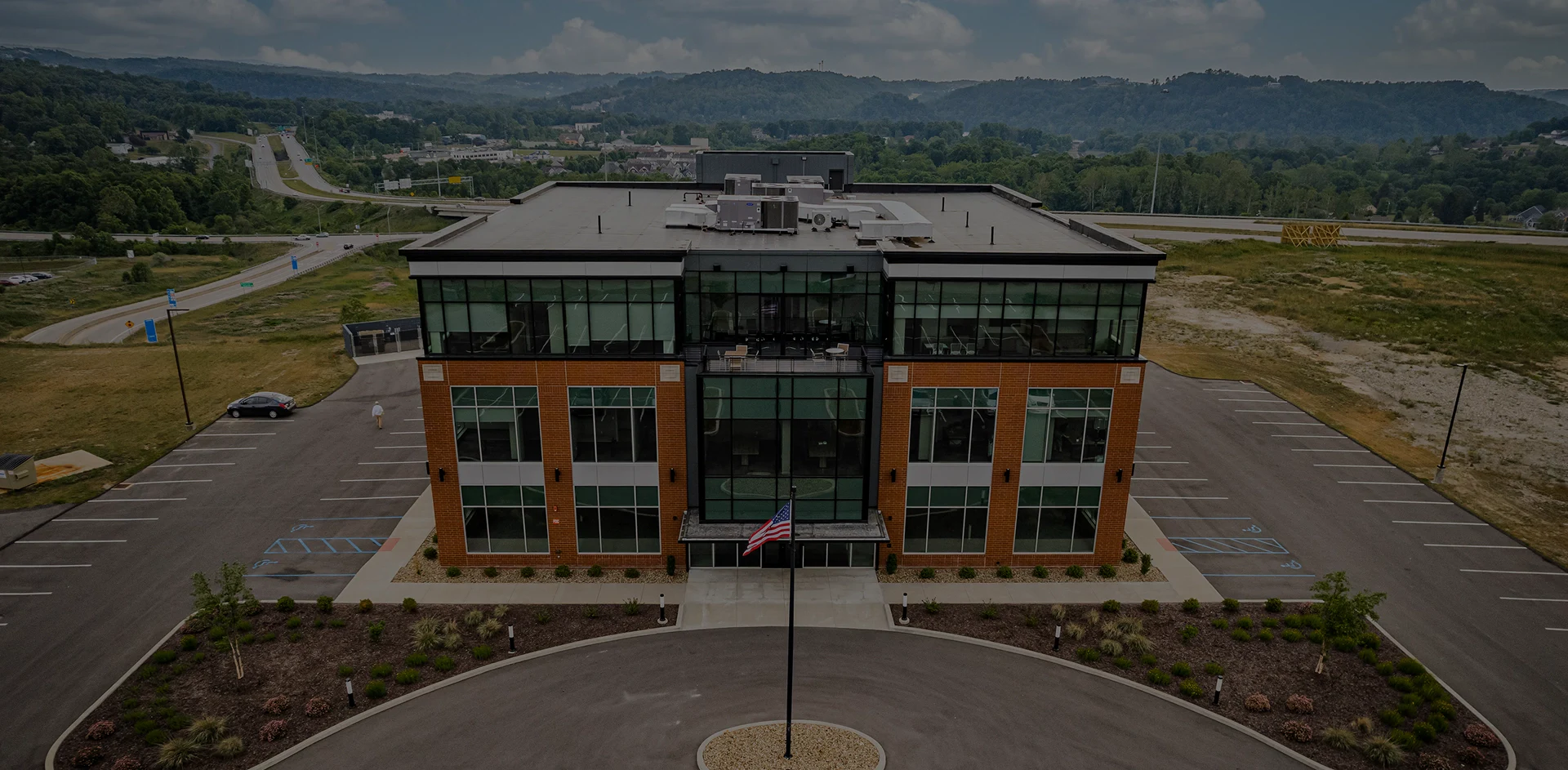Table of Contents
ATV accidents aren’t always about wild stunts or reckless riders. Sometimes, you’re just in the wrong place at the wrong time—on a trail that was never maintained, on a vehicle that shouldn’t have been driven, or surrounded by people who didn’t care enough to keep you safe.
If that sounds like your story, you’re not alone. Many victims assume that, because the crash happened on private property, they don’t have legal options. But that’s not true. The law protects people from harm caused by negligence, even on someone else’s land.
Don’t let confusion or bad advice keep you from getting the help you need. If you’ve been injured in an ATV accident on private property, schedule a free consultation with our experienced Morgantown ATV Accident Lawyers at Desai Law Firm.
Common Causes of ATV Accidents on Private Property
Negligent maintenance of the property
Hidden obstacles, unmarked hazards, loose gravel, steep drop-offs—these can be deadly when you’re riding an ATV. If the person who owns or manages the land didn’t take reasonable steps to make the area safe, they may be responsible for your injuries.
Poorly maintained or defective ATVs
Sometimes, the issue isn’t the land—it’s the vehicle itself. If the ATV had faulty brakes, worn-out tires, or a design flaw that caused the accident, the blame may fall on the owner or even the manufacturer.
Lack of safety measures
If you weren’t warned about dangerous areas or if there were no clear rules or boundaries set, the property owner might be held responsible—especially if you were invited onto the property.
Reckless or negligent driving by others
ATV accidents often involve more than one rider. If someone else was riding aggressively, racing, or showing off and caused you to crash, you may have a strong case against them.
Inadequate supervision of minors
Children and teenagers are vulnerable to ATV accidents. If your child was hurt while riding on someone else’s private land, you may have a right to file a claim—particularly if the adult in charge failed to supervise them properly.
Can You Sue for an ATV Accident on Private Property?
Yes. Just because an accident happened on private land doesn’t mean you’re out of legal options. In many cases, victims can sue and should. The key is showing that someone else was at fault. Depending on what happened, there may be multiple parties who could be held legally responsible:
- The property owner: If they failed to keep the land safe, allowed dangerous conditions to exist, or invited people onto unsafe property, they could be liable under premises liability laws.
- The ATV operator: If someone else was driving the ATV and caused the crash due to carelessness, you may have grounds for a personal injury claim against them.
- The ATV owner: If you were a passenger, and the owner knew the ATV wasn’t in good working condition or let someone recklessly operate it, then they may be legally responsible for what happened.
- The manufacturer: If a design flaw, brake failure, or other equipment malfunction caused the accident, the manufacturer or seller could be liable through a product liability claim.
- Organizers of an ATV event or group ride: If you were injured during a private event or group ride on someone’s property, and the organizers failed to ensure rider safety or properly supervise the activity, you may have a claim against them.
Legal Options Available to ATV Accident Victims
Premises Liability Claim
If the accident happened because the property was dangerous or poorly maintained, you may be able to file a premises liability claim against the property owner. This applies if:
- The land had hidden dangers (like unmarked ditches or sharp drops)
- There were no warning signs or barriers around dangerous areas
- The owner allowed unsafe ATV riding conditions to continue
- You were invited onto the property (even informally)
West Virginia law requires property owners to take reasonable steps to keep their land safe for visitors. If they didn’t and you were hurt as a result, then they can be held responsible.
Negligence Claim Against Another ATV Operator
If another rider caused the accident, you may have a personal injury claim based on their negligence. This might apply if:
- The other rider was speeding or driving recklessly
- They crashed into your ATV
- They caused you to lose control (by cutting you off or forcing you off a path)
Riders are expected to operate ATVs with care. When they don’t, and someone gets hurt, they can be sued for the damage they cause. A lawyer can help you prove that the other rider’s behavior directly led to your injuries.
Product Liability Claim
Sometimes, the ATV itself is to blame. If the vehicle had a design flaw or manufacturing defect that caused the crash, you may be able to file a product liability claim. Examples include:
- Brake failure
- Throttle sticking
- Faulty steering components
- Defective helmets or safety gear
In these cases, the manufacturer, distributor, or retailer could be held responsible.
Attractive Nuisance Claims (For Injured Children)
When a child is injured on someone else’s private property, especially if there was an ATV involved, West Virginia law provides added protection. Even if your child was technically trespassing, the property owner could still be held liable under the attractive nuisance doctrine. This applies when:
- The property had something likely to attract children (like an ATV or riding area)
- The owner knew children might come onto the property
- They failed to take steps to prevent injuries (fencing, locking up ATVs, etc.)
Insurance Claims
Depending on the situation, there may be insurance policies that cover ATV accidents on private property:
- Homeowners insurance (if the accident happened at someone’s residence)
- ATV insurance (if the owner had separate coverage)
- Umbrella policies (for higher-value claims)
Call Us Today to Speak to a Morgantown Injury Lawyer

Morgantown ATV Accident Lawyer, Chirag Desai
Just because the ATV accident happened off the beaten path, doesn’t mean your case should be buried, too. Private land doesn’t come with a free pass for carelessness. Whether the land was part of a hunting camp, a friend’s farm, or someone’s backyard trail, you still have rights—and The Desai Law Firm is here to help you act on them.
We won’t flood you with legal jargon or empty promises. We’ll focus on the facts, the law, and what needs to happen next. If you’re tired of feeling like the system isn’t built for people like you, give us a call. We work for real people—not big insurance. You can reach us directly at (304) 974-1974 or send your details through this online form.
Practice Areas

